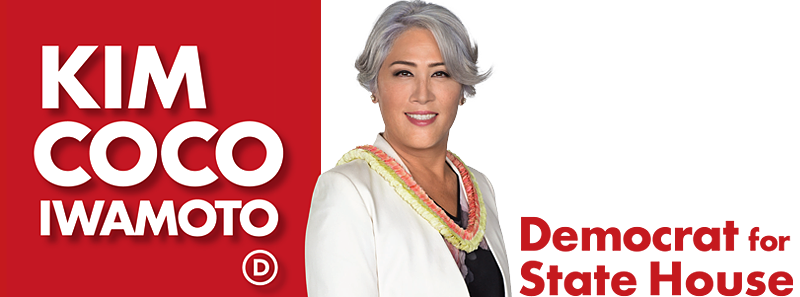Call For Action: Special Legislative Session On Condo Insurance and Rent Relief
The Hawaii Legislature intervened on behalf of property owners’ access to insurance coverage at least twice in recent history.
In 1971, Act 117 created the Hawaii Insurance Guaranty Association (HIGA) to “provide a mechanism for the payment of covered claims under certain insurance policies to avoid excessive delay in payment and to avoid financial loss to claimants or policy holders because of the insolvency of an insurer, to assist in the detection and prevention of insurer insolvencies, and to provide an association to assess the cost of such protection among insurer[.]”
In 1993, Act 339 created Hawaii Hurricane Relief Fund (HHRF) to “assess the availability of insurance from all sources and be empowered to take steps to provide coverage should the private market prove unreliable[.]”
These two Acts hold the key to addressing the skyrocketing insurance premiums now facing condo association, HOAs, and commercial building owners. The problem is trickling down to individual condo owners who may be on limited incomes and renters who’s landlords have passed increases in maintenance fees on to tenants.
During the most recent session of the legislature, leaders failed to pass House Bill 2686, which would have authorized the use of HHRF resources to underwrite and temporarily stabilize skyrocketing condo insurance premiums. HB2686 died mysteriously in the 11th hour of the regular session as it failed to make it out of conference committee.
Instead of immediately calling for a Special Legislative Session to address the housing crises impacting one in four residents, legislative leaders simply resigned to “monitoring the situation”, even though they knew that insurance premiums have gone up 600%-1,300%.
Condo associations today are facing higher insurance premium increases and the same inability to meet insurance requirements of mortgage lenders as homeowners did after Hurricane Iniki in September 1992 – when the legislature then jumped into action and authorized the HHRF within 9 months.
Today, all that legislative leaders are giving condo owners is a lot of talk at town halls. What comes up alot is the topic of ”insurance for insurance” also refered to as reinsurance. But no one has mentioned how the statutorily authorized HIGA, incorporated in 1974 as a 501(C)6 non-profit, serves as a local insurer of insurance carriers.
HIGA collects a small percentage of premiums paid to all property insurance carriers and keeps these funds in Hawaii in case any of the insurance companies go out of business and cannot cover claims filed by policy holders; it is like FDIC secured bank accounts but for those who have purchased insurance policies.
In 2023, HIGA raised $9.36M in revenue from insurance premiums that were collected from policy holders, it had a little under $4.1M in expenses and liabilities that year. The total assets held by HIGA going into 2024 was almost $26M.
Comparing a similar fund in a state with a similar size population: New Hampshire Insurance Guaranty Association had $54.5M in assets in 2022 - twice the amount Hawaii has. However if we look at other state’s facing skyrocketing insurance premiums, consider Florida Insurance Guaranty Association which collected $646M in revenue in 2022, and paid out $677M that year to cover claims of policy holders of insolvent insurance carriers.
With premiums going up, HIGA should capture substantially more funds to ensure funds stay here in Hawaii to protect our policyholders.
When business owners face rising insurance premiums paired with rising deductibles, there is a point when they consider self-insuring. One way to self-insure is to put the money that would have gone to an insurance carrier into a special managed investment account and keep rolling earned returns and interest back into the insurance account. This is basically what the insurance companies do with policy holder’s premiums.
Condo association may want to consider self-insuring. Additionally, developers could put a hui of their buildings together and create their own insurance fund.
The legislature could authorize self-insuring condo associations and developer insurance funds to become HIGA members, contributing at the same rate as other insurance carriers, and enjoy the same protections of having HIGA’s insurance on their insurance. The legislature could also formalize this relationship as “reinsurance” and meet the insurance requirements of mortgage lenders.
The legislature convened Special Legislative Sessions to increase the GET to fund rail and to legalize same-gender marriage; they should act with the same urgency and focus to fix this housing crisis before it gets exponentially worse.
